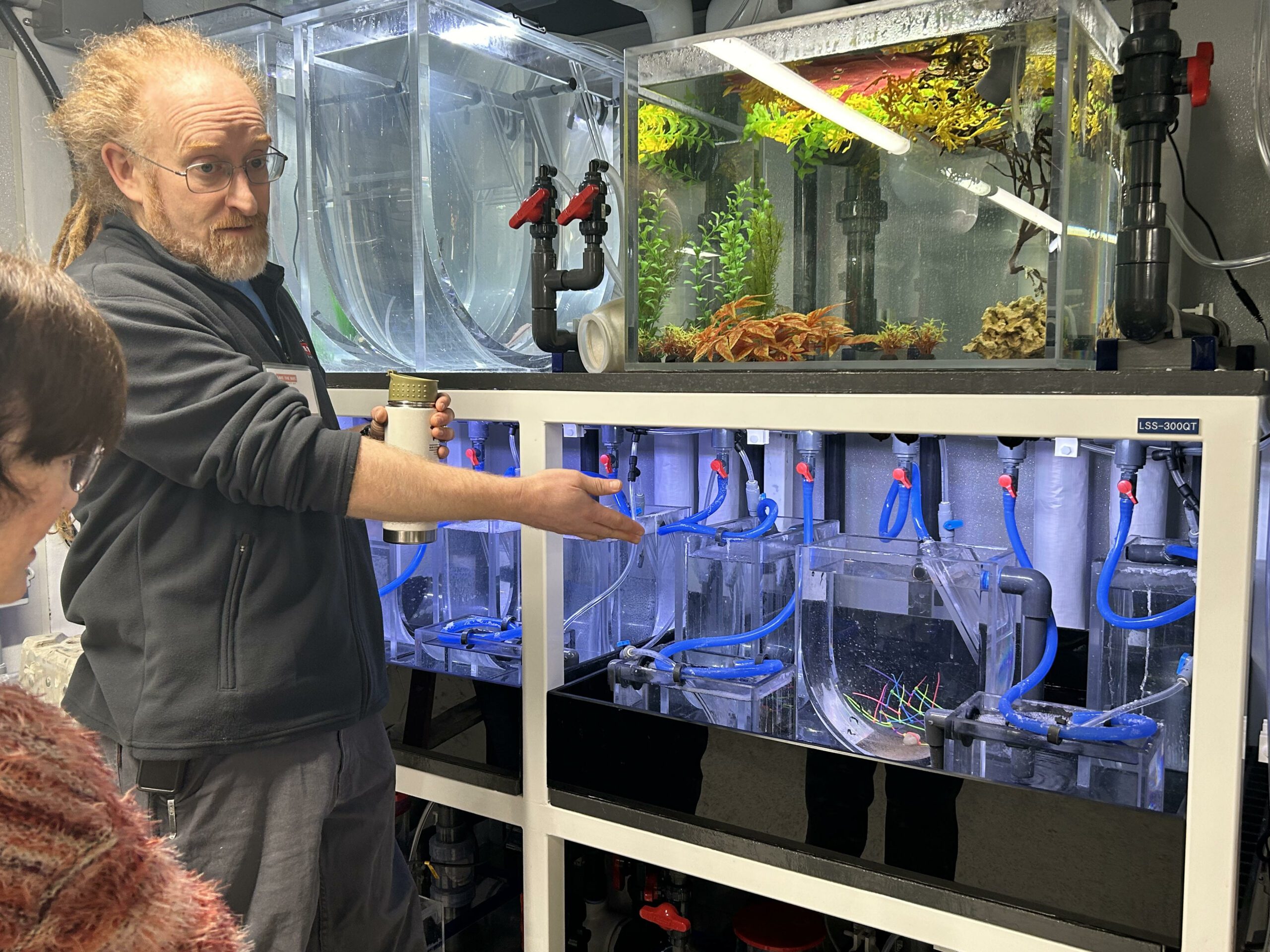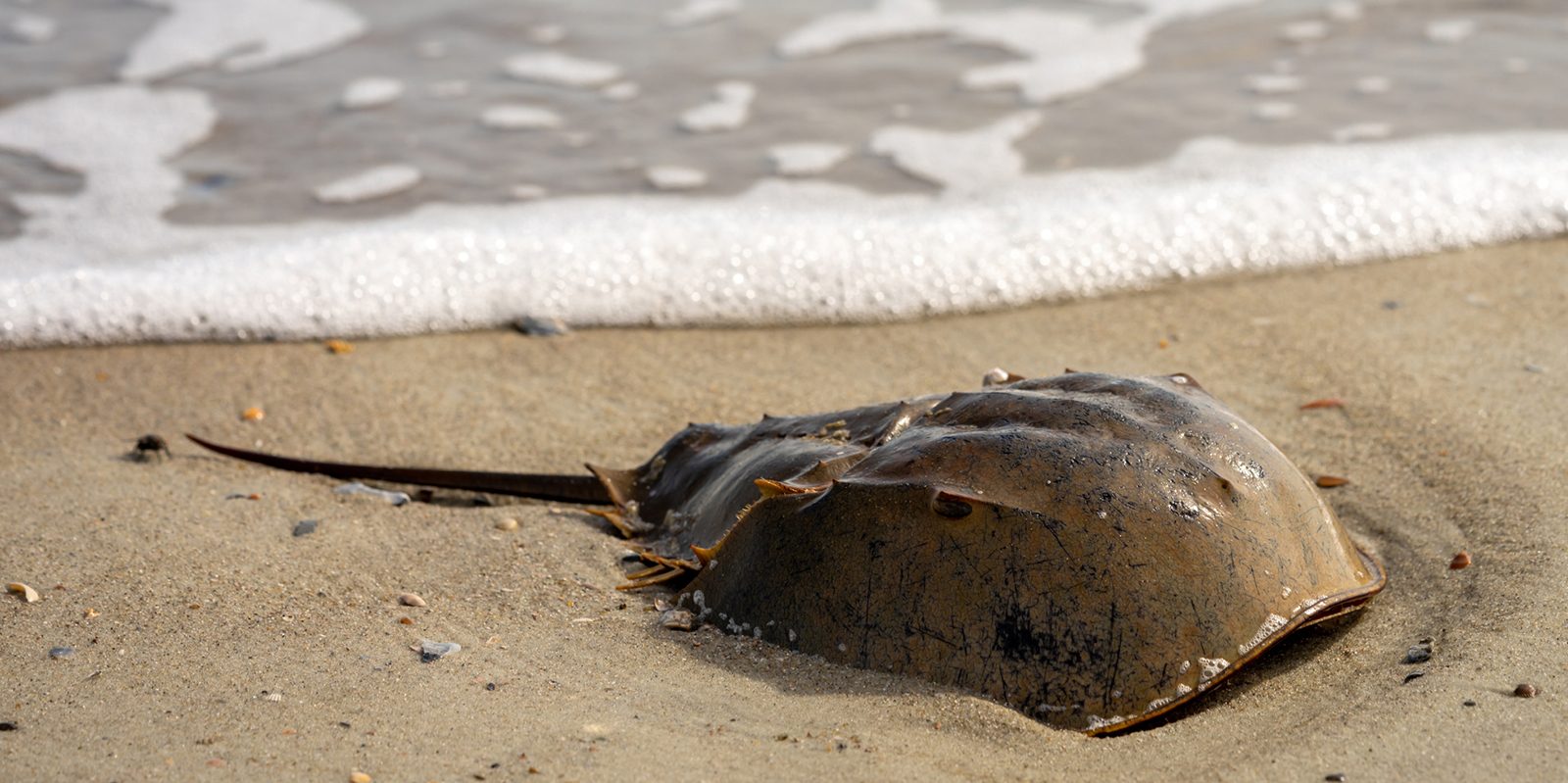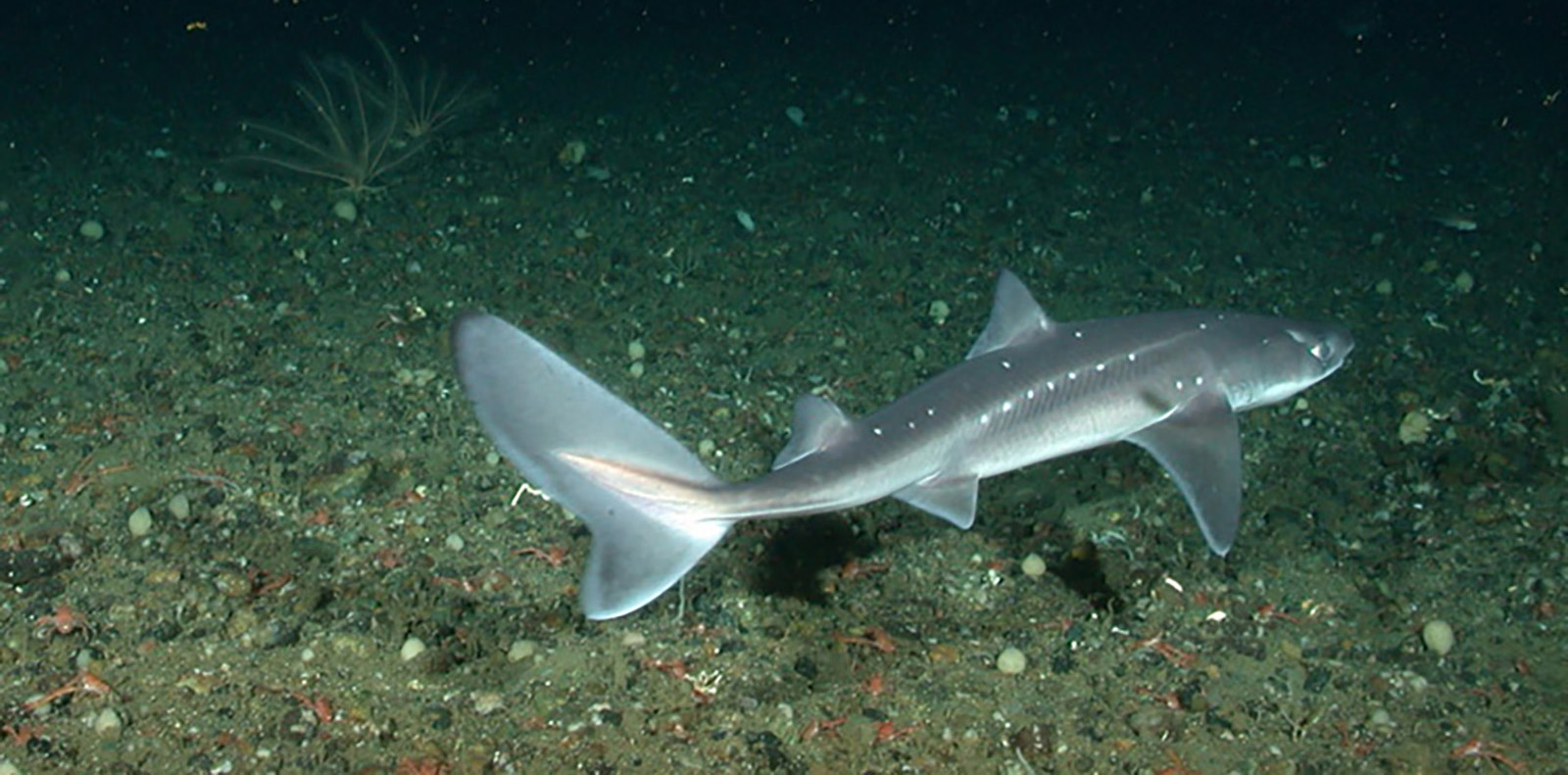Bay State Bans Maritime Discharges in State Waters
But raw sewage still being dumped in Nantucket Sound
July 28, 2014
Massachusetts is touting new rules that prohibit sewage discharge from all boats and ferries in state waters. But vessels can still legally dump wastewater just outside state waters in places such as Nantucket Sound.
The state wastewater discharge ban, enacted May 27, extends 3 miles offshore. This limit leaves a big gap in Nantucket Sound, the open water between Cape Cod, Martha’s Vineyard and Nantucket. Boats, including cruise ships, which adhere to a 4-mile discharge buffer, are still permitted to dump treated and untreated wastewater into this area.
“Unfortunately, it could be raw sewage,” said Ann Rodney, an environmental protection specialist with the Environmental Protection Agency’s Ocean and Coastal Protection Unit.
The risks of wastewater include harmful microorganisms, pathogens, chemicals and excessive nitrogen.
Rodney said there is an understanding among boaters from Cape Cod and the islands to use pump-out facilities and to avoid dumping wastewater beyond state waters into federal waters. Numerous pump-out stations and pump-out boats have been made available in recent years to help boaters protect beaches and shellfish beds, and, thus, the tourism industry.
There are now more than 100 such facilities in operation along the Massachusetts coast, all of which were coordinated by the EPA and the state Executive Office of Energy and Environmental Affairs.
Until this past June, ferry boats were allowed to discharge treated and untreated wastewater en route to Martha’s Vineyard and Nantucket. The Steamship Authority, the largest ferry service on the Cape with 2.9 million passengers last year, spent more than $3 million to upgrade its nine ferries and install pump-out stations. The Island Queen ferry service based in Falmouth also converted its boats to use pump-out facilities.
Hy-Line Cruise partnered with local officials to install one commercial and one recreational pump-out facility in Hyannis and Barnstable harbors. Hy-Line plans to retrofit its four ferries this fall, when the new pump-out stations are operational. The ferry company has been criticized in the past for pumping untreated sewage into Nantucket Sound. A portion of the funding for these upgrades came form federal and state programs.
“It’s a huge success,” said Amy Mahler, a spokeswoman for the state Office of Coastal Zone Management.
Yet, it’s still unclear to what extent dumping takes places in the these unprotected pockets of federal waters were dumping is legal. Two other ferry services didn’t respond to inquiries about whether they are using pump-out stations or still dump wastewater at sea. Rodney noted, however, there have been no recent violations reported in these open-water areas.
Stuart Smith, president of the Cape & Islands Harbormasters Association, says boaters have become more conscious about how they handle wastewater as pump-out facilities became more readily available and user friendly during the last decade.
In particular, Smith said, “the ferry boat operators, are a very conscientious group. It’s good for their marketing, as well.”
Rhode Island, which banned wastewater discharge in state waters in 1998, has a similar stretch of federal water between Block Island and the mainland where wastewater dumping is permitted.
“In general, all vessels including ferries, recreational, commercial are allowed to discharge sewage within federal waters,” said Gail Mastrati, spokeswoman for the Rhode Island Department of Environmental Management.
Currently, all ferries traveling from Rhode Island to Block Island say they use pump-out facilities in ports. This includes high-speed and traditional ferries from Point Judith and the Quonset Business Park in North Kingstown. A representative for Interstate Navigation, the owner of Block Island Ferry, said he wasn’t sure whether its ferry from Fall River to Newport to Block Island discharged in federal water waters in Rhode Island Sound.
Dave Prescott, South County coastkeeper for Save The Bay in Rhode Island, said despite an abundance of pump-out boats, some boaters still dump wastewater in harbors, as well as in offshore zones that are busy recreation areas. He suspects many polluters are transient boaters traveling through Massachusetts, Connecticut and Rhode Island waters who simply aren’t making the effort.
“In this day and age, this is something that is completely within our control,” Prescott said. “It’s easy to do.”
Categories
Join the Discussion
View CommentsYour support keeps our reporters on the environmental beat.
Reader support is at the core of our nonprofit news model. Together, we can keep the environment in the headlines.
We use cookies to improve your experience and deliver personalized content. View Cookie Settings



